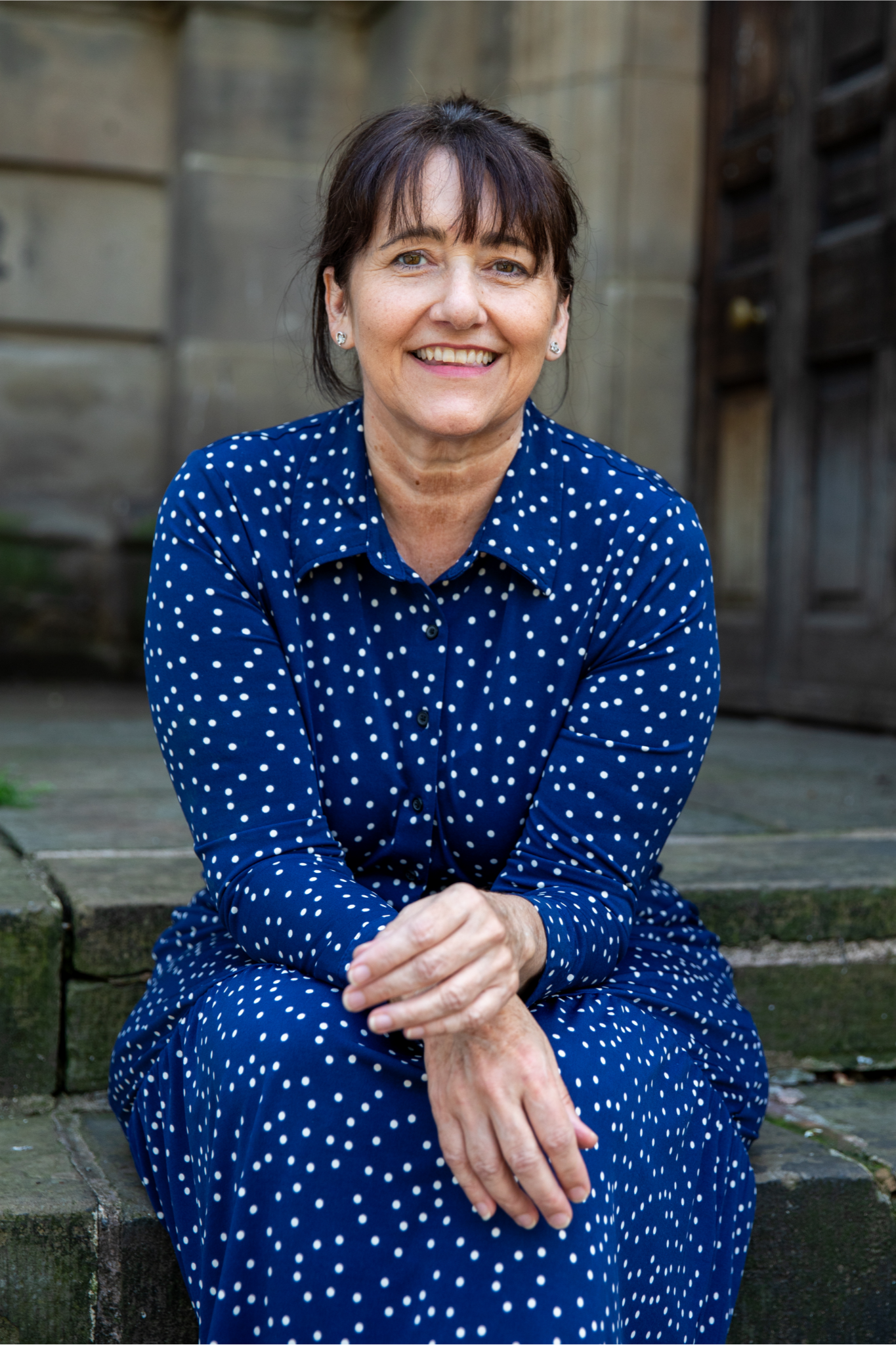Menstrual Health is considered to be the 5th Vital sign – period.
If you hop on over to Google and enter “What is the 5th Vital Sign” you see pages and pages of information, books, and Holistic Therapy websites talking about Menstruation, Menstrual Cycle Tracking, and Optimising Fertility within the framework of Menstrual Health, as the 5th Vital sign. In my world of menstrual and menopause health, I checked and double-checked documents, cross-referenced sources, and was happy with the recommended viewpoint that if menstrual health was considered by menstruators and medics as the 5th vital sign, next to blood pressure, respiratory rate, heart rate and body temperature (the 4 vital signs of life) then managing events along the menstrual health timeline would be timely and effective.
For several years now my talks and training have included this insight, alongside keeping a food & mood journal and viewing menstrual health with a lifetime lens, as every single day of a menstruator’s life in its entirety, not just the days of bleeding. Imagine my confusion then when I started to hear an apparently well-respected American author call menstrual health the “6th Vital Sign”. What had I missed? What was the other 5th Vital sign that had bumped menstruation down the pecking order?
It turns out that at one point, back in 1996, the influential American Pain Society (APS) introduced the concept that pain should be treated as a “fifth vital sign”. [side note: While researching for this blog I discovered the British Pain Society] The proposal by the APS led to some short-term policy changes which ultimately caused havoc in the American healthcare system, and in fact, the resulting saga from this idea of a pain scale includes Purdue Pharmaceutical – the protagonist in the Netflix Drama, Painkiller.
According to a study in the Harvard Law & Policy Review: “Purdue Pharma successfully contributed to and capitalized on the medical establishment’s changing view of pain management.”
The Guardian
By 2016 the Joint Commission reversed its decision to stating it “does not endorse pain as a vital sign”. When you dive a little deeper you find that, “The Joint Commission did not develop the concept of pain as a vital sign and opposes the use of pain as the “5th Vital Sign”.
Phew, what a relief, I had not missed something, but the American author has and appears to be showing signs of cognitive dissonance and misleading her readers.
Circling back to whether Menstrual Health should be considered the 5th Vital Sign. The power of ovulation is undeniable.
The work of organisations like the Society for Menstrual Cycle Research and the most amazing Dr. Sally King, Menstrual Matters are leading the way in making menstrual health mainstream.
Back in 2006 and reaffirmed in 2021 the American College of Gynecology and Obstetrics, Committee’s Opinion said:
By including an evaluation of the menstrual cycle as an additional vital sign, clinicians reinforce its importance in assessing overall health status for patients and caretakers.
Menstruation in Girls and Adolescents: Using the Menstrual Cycle as a Vital Sign

The Women’s Health Strategy for England has provided guidelines for a menstrual well-being toolkit, as part of best practice resources for healthcare professionals.
There is also a Government-backed and NHS-endorsed, free to access, Menstrual Cycle Support Course, created by the determined Menstrual Health Pionneer, Kate Cohen
The data is overwhelmingly screaming YES. Menstrual Health is the 5th Vital Sign.
It is clearly beneficial to long-term health outcomes, for menstruators of all ages, to learn and understand the significance of the operating infradian rhythm of the ovaries, from the point of menarche, in terms of overall health and well-being.
I long for the day when a holistic therapist or wellness professional will calmly ask every single menstruating client, regardless of age, ‘How are your periods?’, and clearly understand the reason why that is such a powerful yet simple question to ask. In time they will come to realise that knowing the answer will enhance their own modality, and bring multiple benefits to the people they serve.




